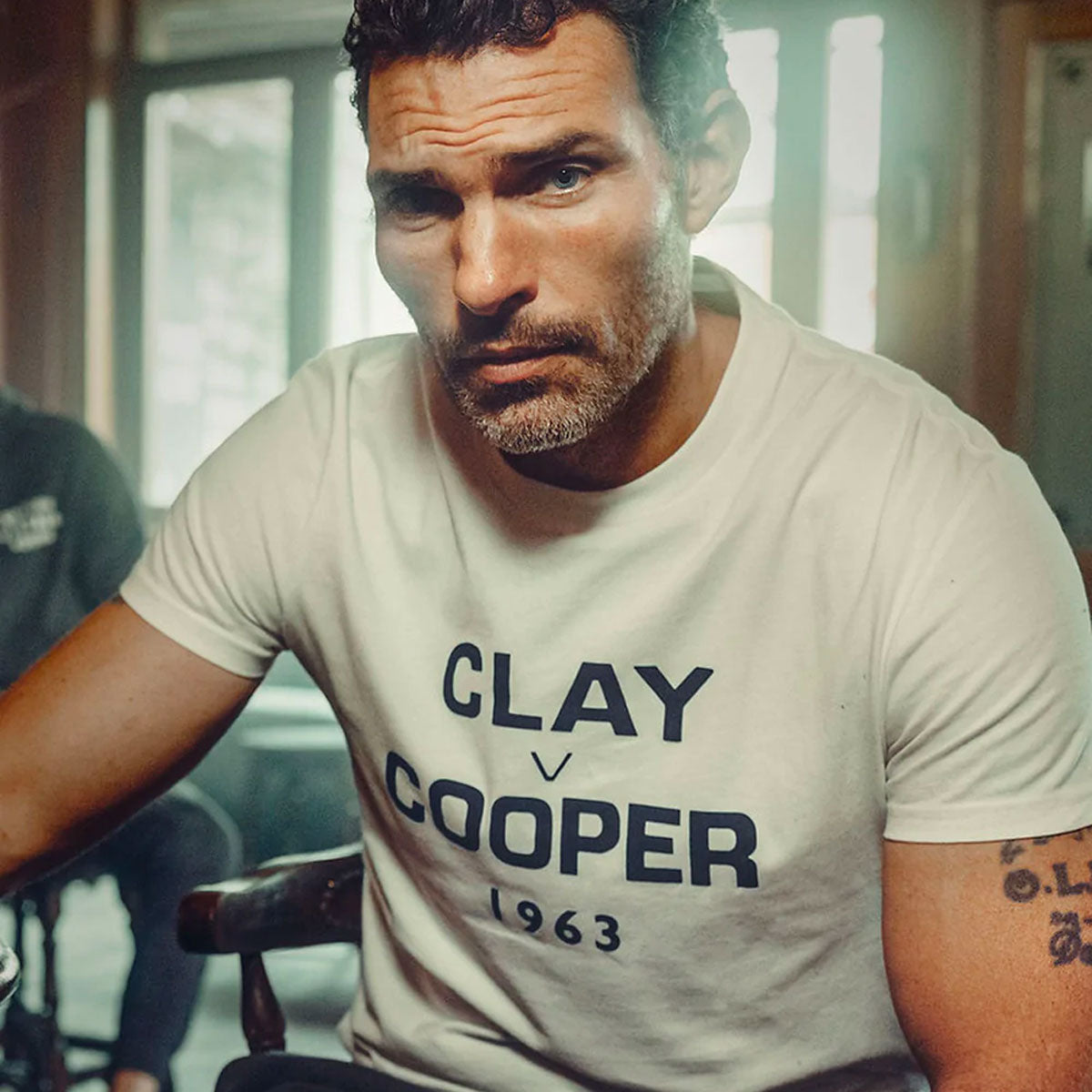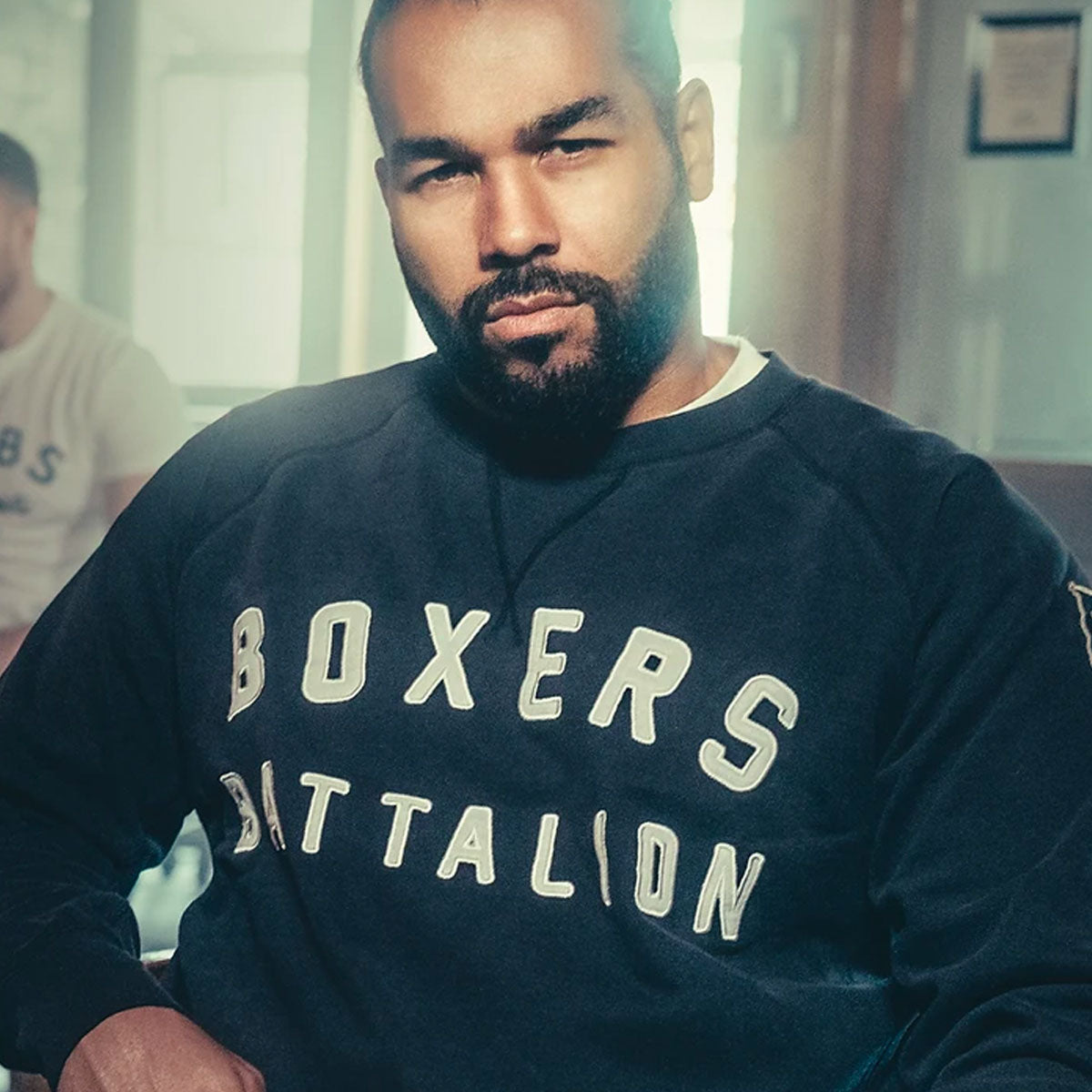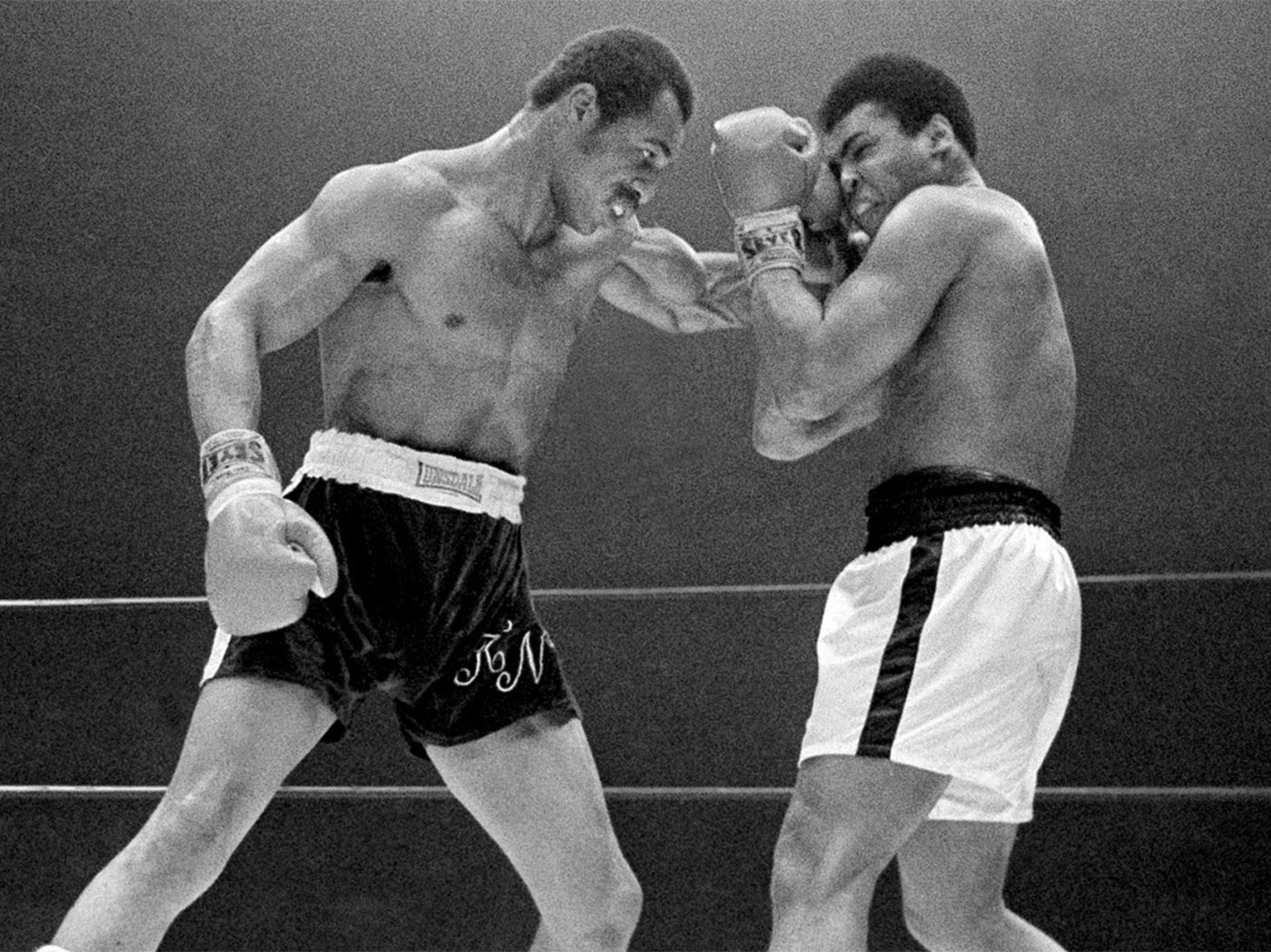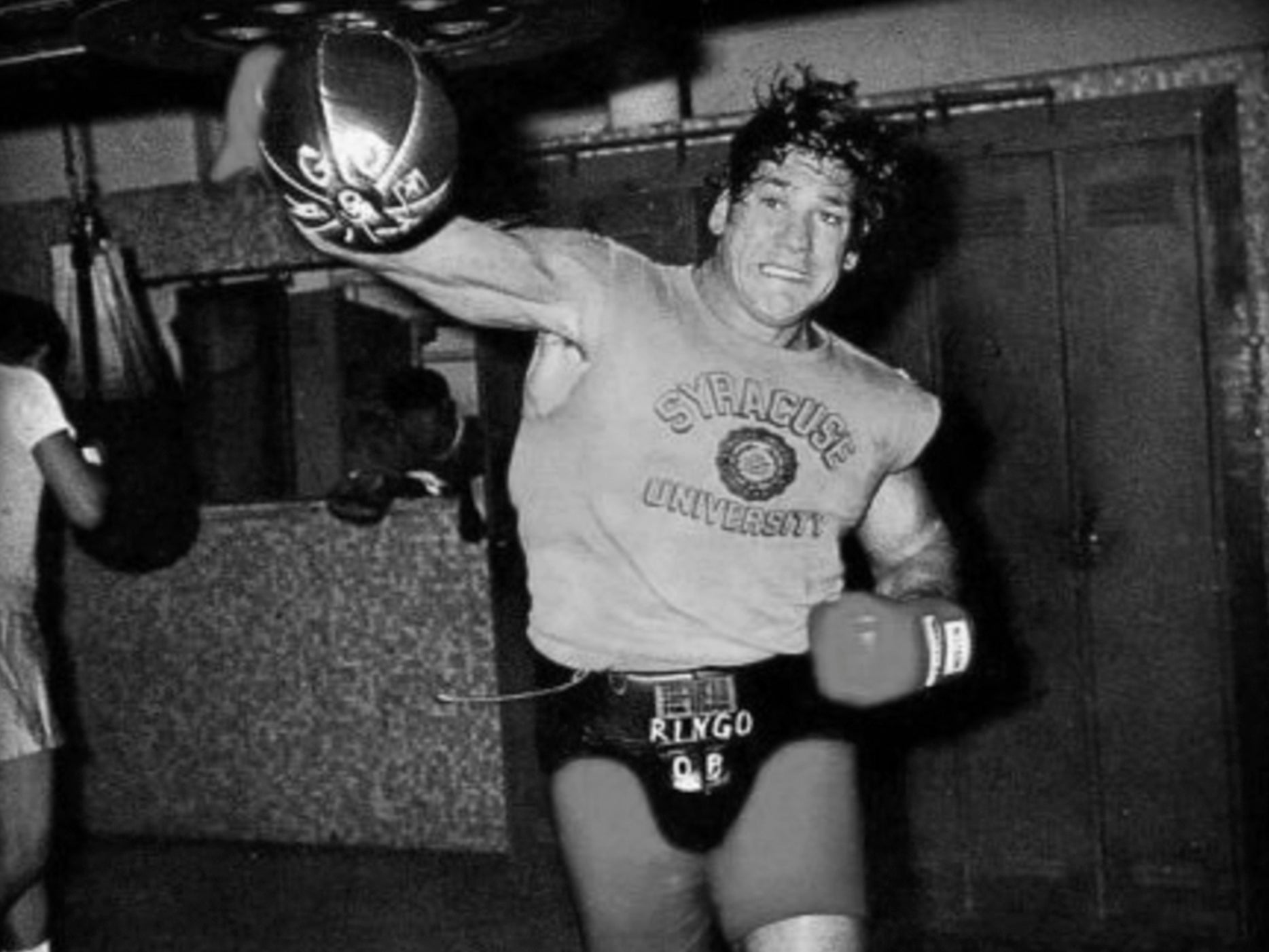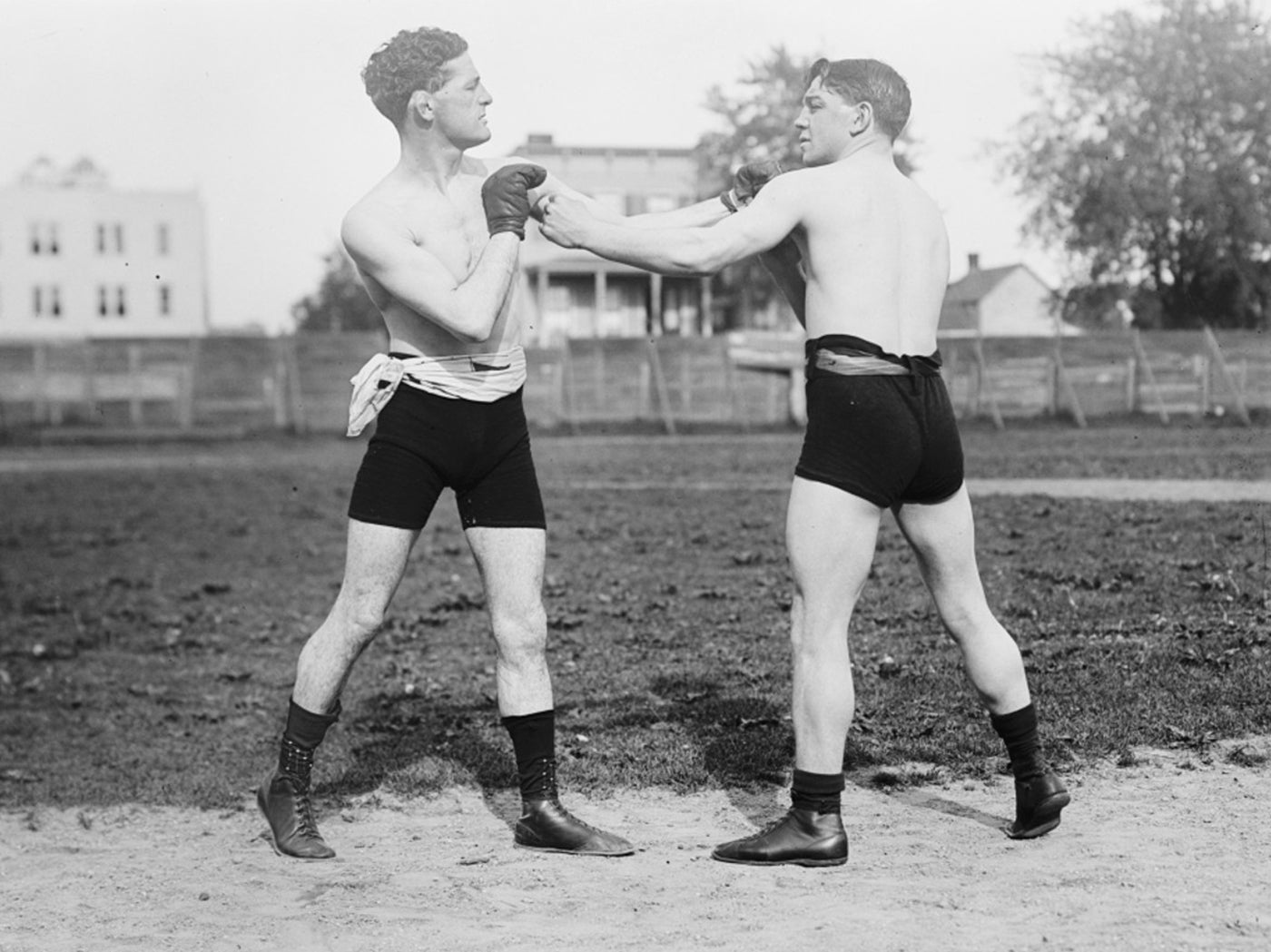What the mind can conceive, the body can achieve.’ Kenneth Howard Norton
'BVB writer, Paul Zanon is currently working with prisoners at HMP Thameside using the power of sports writing to help them develop into wordsmiths. We are delighted to support his efforts by donating a prize to the winner of a competition he ran with the prisoners, which involved writing a biographical piece about Ken Norton. The winning entry is below.’
THE JAWBREAKER
Hailing from Jacksonville Illinois and born on 9 August 1943, Norton resided in San Diego, California until his dying days. With 50 bouts under his belt, Norton won 33 of his 42 victories by way of knockout, incurred seven losses and only one draw. However, it’s the detail of those fights that make for interesting reading of the former WBC world heavyweight champion. We pay homage to Ken ‘The Boogeyman’ Norton.
As a young boy, Norton grew up in a modest household and attended Jacksonville High School, where he found his love for sports. Basketball, baseball, football, you name it, Ken would play it. However, one sport which he excelled in was track and field, where he demonstrated that he was an athletic hybrid in 1961, winning six events against powerhouse school, Decatur Eisenhower. The opposing coach was so enraged that he protested Norton’s medal sweep. In turn, the Illinois High School Association brought in the ‘Ken Norton Rule,’ limiting athletes to a maximum of three track and field events during Any one meet.
As much as they tried to limit Norton’s success for greatness, they couldn’t stop his hunger. From athletics to State Championship Football, Norton was selected to play for the All-State team in defence. As Norton started to clock up accolades in this discipline, the Northeast Missouri State University (now Trueman State) offered him a scholarship during his sophomore year (first year). Unfortunately, he suffered a nasty shoulder injury and was forced to step away from football and education and seek his next challenge.
In 1963, Mr Norton had a new focus and a new objective, joining the United States Marine Corp, which turned out to be the springboard for his boxing career. Within a short space of time, Norton clocked up an impressive amateur record of 24-2, which included being a three-time All-Marine heavyweight champion.
Late 1967 Norton stepped up his game and turned pro, and as with anything he did, it all came second nature to him, as he racked up 16 wins on the bounce, before suffering his first loss to Luis Garcia on 2 July 1970, at the Olympic Auditorium, Los Angeles. Bouncing back from his eighth-round stoppage, Norton didn’t see the defeat as a setback, but more a reality check. Showing his resolve, he knuckled down and refocused his vision, reshaped his desire and won 13 consecutive bouts, which steered him to the first in a trilogy with one that many would consider to be the world’s Greatest - Muhammad Ali.
The first instalment was set for 31 March 1973 at the Sports Arena, San Diego – Ali v Norton for the NABF world heavyweight title. The Californian resident, who boasted a physique which looked like it had been sculptured by the Gods, came in as a 5-1 underdog against and stood, like Ali, at 6ft 3 inches and possessed one of the meanest left hooks in the game.

The two titans locked horns and in the second round, Norton started connecting with bombs, one of which broke the seemingly invincible, Ali’s jaw. The two battled on for the full 12 rounds, with both men leaving their hearts and determination in the ring. At the final bell, it was Norton’s arm which was raised, as a split decision victory was announced, which many saw as unfair, because Norton had clearly won the bulk of the contest and it should have been a unanimous victory. It’s a day both would never forget and one which Ali would need time to recover from, both mentally and physically. Norton was all wrong for Ali and it was now down to the world’s biggest braggadocio to avenge his loss.

Before passing away, Norton talked about a book he had received entitled, ‘Think and Grow Rich,’ by Napoleon Hill. The book was given to him by Dr Michael Dean, a hypnotist who has witnessed Norton’s loss against Garcia and it would change his fistic trajectory. He went on record to say, ‘I was going to fight Muhammad Ali. I was a green fighter, but yet I won – all through reading this book. It can be related to anybody to be the best in a career, by thinking positively.’
With success in hand and a positive mindset, on 10 September 1973 at the Forum, Inglewood, six months after their first encounter, the pair were back in the ring. With his unorthodox style, determination and powerful physique, after 12 rounds, the judges announced a shocking result, giving Ali a split decision victory.

Despite losing the decision on paper, Norton’s stock rose, as the boxing fraternity and media gave him props for his true value and six months later, Norton was given the chance to prove his worth against possibly the hardest hitting puncher of all time, George Foreman. On 26 March 1974 in Caracas, Venezuela, Foreman destroyed Norton, knocking him down three times en route to a second-round knockout victory.
Despite being a bitter pill to swallow, especially coming off back-to-back defeats, Norton ignored the naysayers and went back to the drawing board, winning his next seven fights by stoppage. Victims included, Jerry Quarry (for the NABF heavyweight title) and avenging a loss to Jose Luis Garcia via fifth round KO. Once again, Norton gave praise to Napoleon Hill’s philosophy for his success.

With most of the bouts being televised, and with Ali regaining his world heavyweight title, the third instalment of the rubber match happened on 28 September 1976 at the Yankee Stadium, The Bronx. This was Norton’s second world title shot and he put Ali through hell as the pair stood toe to toe and delivered a barnburner over 15 rounds. Once again, Norton didn’t get a fair shake of the stick and Ali was awarded a very tight points victory, which should have seen Norton crowned as world champion. It was after this bout that Norton officially received the title, ‘Ali’s Boogeyman.’
1977 comes round and Norton’s desire to fight was certainly not in doubt as he knocked out heavyweight contender Duane Bobick in under one minute. Four months later he stopped Lorenzo Zanon (no relation to resident BVB writer, Paul Zanon) in five rounds and on 5 November 1977 Norton outpointed Jimmy Young over 15 rounds in a WBC World Title Eliminator. This victory proved to be very fruitful, as the WBC world champion, Leon Spinks, decided to defend his title against Ali, instead of the No1 contender, in Ken Norton. Subsequently, Spinks was stripped of his strap and Norton was awarded the WBC world heavyweight title shortly after his victory over Young. In addition, he was awarded Fighter of the Year for all his accomplishments.
In his first title defence, Norton took on Hall of Famer, Larry Holmes on 9 June 1978 at Caesar’s Palace, Las Vegas. In one of heavyweight boxing most memorable fights, Norton lost his title with a razor thin split decision.

Norton fought a further five times, before hanging up the gloves in 1981. His battles with Ali and Holmes cemented his legacy in boxing and far beyond. Post square ring, Norton started commentating on the sport he loved and even pursued various endeavours such as motivational speaking and acting. His on-screen achievements were substantial, included appearances in the film Mandingo and US hit series’, The A Team and Knight Rider. However, it was a role to play a certain Apollo Creed in the Rocky movies which he turned down, that he may have regretted the most. Due to other obligations, Norton would look over his shoulder in the years that followed, wondering, ‘What if?’
Sadly, Norton was involved in a near fatal car crash in 1986 on the Santa Monica Freeway which would affect him for the remainder of his life. However, with his champion’s resolve, it didn’t stop him to push a positive outlook on his life, which remained with him until the day he passed, on 18 September 2013.
Ken had many quotes, but I believe this is what he doubled down on. ‘Whatever you do in your life, always go the distance.’


